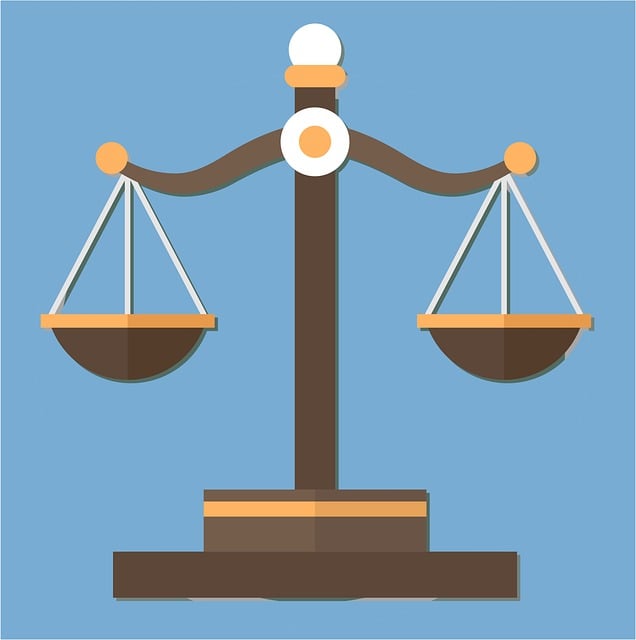Fair housing laws are essential for the real estate industry, protecting individuals from discrimination and ensuring equal opportunities based on race, religion, sex, national origin, disability, and familial status. Real estate professionals uphold these principles by fostering diversity, avoiding bias, and marketing properties fairly. If you've experienced discrimination, collect relevant information and consult a legal expert specializing in fair housing to file a complaint with governmental bodies like HUD within strict time limits. Acting swiftly safeguards equality and your rights for future transactions.
“Fair housing laws stand as a beacon of equality, safeguarding individuals from discrimination in their quest for suitable real estate. This comprehensive guide delves into the intricate web of protections offered by these laws, shedding light on who they serve and how they can be enforced. Understanding your rights is pivotal, especially when navigating the competitive real estate market.
We explore inclusivity as a cornerstone of these laws, ensuring every individual finds a place to call home without fear of bias. Get equipped with knowledge on what actions to take if you encounter discrimination, empowering yourself in the process.”
Understanding Fair Housing Laws: Protections for All

Fair housing laws are a cornerstone in the real estate industry, safeguarding individuals from discrimination and ensuring equal opportunities for all when it comes to housing. These laws protect various attributes, including race, color, religion, sex, national origin, disability, familial status, and more. In the dynamic world of real estate, understanding these protections is essential for both consumers and professionals alike.
By adhering to fair housing regulations, real estate agents, brokers, and property managers foster an inclusive environment, ensuring that everyone has a fair chance at finding suitable accommodation. These laws not only prohibit discriminatory practices but also promote diversity and equal access, contributing to a more vibrant and harmonious community within the real estate sector.
Who Does the Law Protect? Exploring Inclusivity in Real Estate

Fair housing laws are designed to protect a wide range of individuals from discrimination in the real estate market. These laws encompass various protected classes, including race, color, religion, national origin, sex, familial status, disability, and more. The inclusivity these laws promote is vital for ensuring everyone has equal access to housing opportunities.
In the realm of real estate, it’s crucial to remember that every individual, regardless of their background or characteristics, deserves a fair chance at finding a place to call home. Agents and brokers play a significant role in upholding these principles by promoting diversity and equality throughout the buying, selling, and renting processes. They must avoid any form of bias and ensure that properties are marketed fairly, providing equal exposure to all potential buyers or tenants.
Enforcing Your Rights: What to Do If You Face Discrimination

If you believe you’ve faced discrimination in the real estate sector, understanding your rights under fair housing laws is crucial. The first step is to gather all relevant information and documentation related to the incident. This could include any communication, contracts, or evidence of unequal treatment based on protected characteristics such as race, religion, disability, familial status, or national origin.
Next, consider reaching out to a legal professional who specializes in fair housing. They can guide you through the process of filing a complaint with relevant government agencies responsible for enforcing these laws, such as the Department of Housing and Urban Development (HUD). Don’t hesitate to act promptly; many fair housing cases have strict time limits for filing complaints. By taking these steps, you contribute to ensuring equality in the real estate market and protecting your rights for future transactions.






